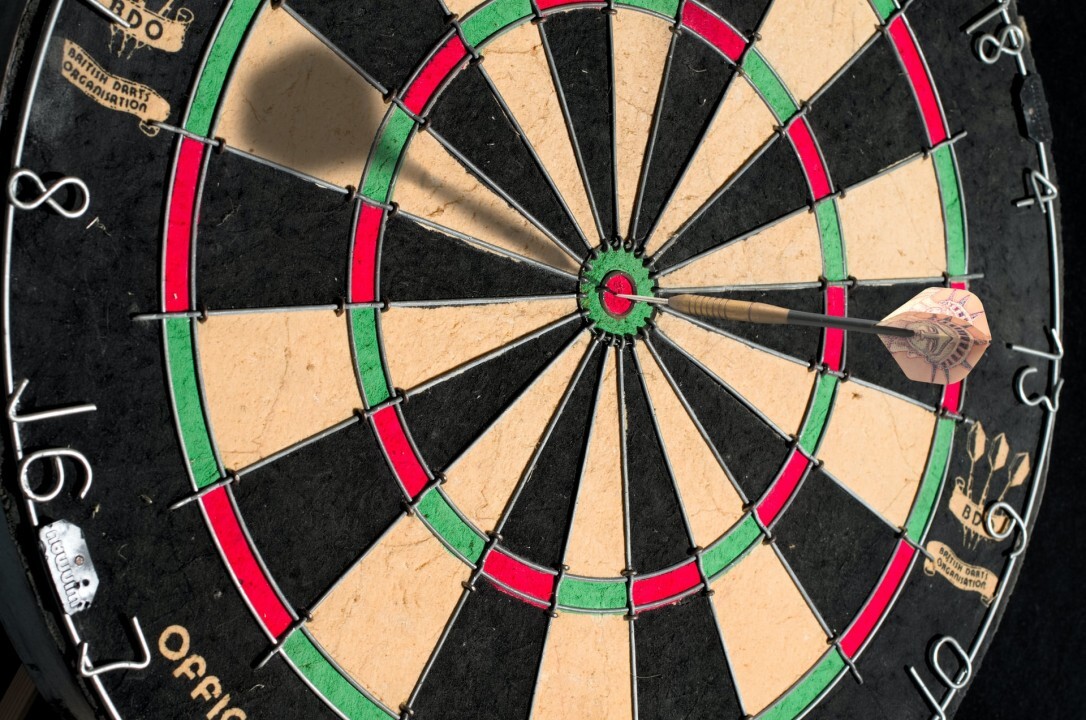“Freedom isn’t the ability to say yes, it’s the ability to say no.” – Anonymous
You’ve just started your day, armed with a clear plan for what you can accomplish. You feel ready to go; there’s a a sense of optimism and possibility in the air. However, just as you start your first task, you receive a request from someone on your team wanting something from you today. It’s clear what they want from you, it seems important to them, and you know you can do what they are asking.
You start to respond with a ‘yes’, while at the exact same time in the pit of your stomach you feel a strong ‘NO I CAN’T TAKE ON ONE MORE THING!’
Regardless, you ignore this inner voice and start working on their request. In the course of your day, you receive several other similar requests from other co-workers. Some ask for you to do things, some to meet with you, some request feedback. Fast forward to 5:00pm, as you look at your list of to-dos from the morning and notice to your horror, that you haven’t completed even one of the things you set out to accomplish! Sound familiar?
Let’s take a look at what happened, to see where your feelings of mountaintop optimism veered towards the cliffs of despair. Were you unorganized? No. Were you capable of doing the tasks you set for yourself? Yes. Did you have the resources you needed? Yes. So where did things go so wrong?
Saying yes is saying no to other things
Saying yes to requests from others feels good. We are helping others move towards what’s important to them. Yet what is true at the same time is that we may be saying no to something else that is important to us:
Will I help you prepare for your presentation – yes.
(Will I now have enough time to complete my presentation – no.)
Will I have a conversation right now about challenges you’re having – yes.
(Will I reflect on my strategic priorities for the week – no.)
Will I attend this meeting because you think I may have valuable input – yes.
(Will I share critical feedback with a teammate who needs to hear it – no.)
Might saying yes in some of these cases be the best use of your time? Yes, perhaps. The specific situation isn’t the point. It’s your ability to take a step back and assess what’s best for you, them, your team, the organization, as well as other people in your life. There is balance to be found and it will require practice and attention to know what that is for you at any given moment.
Perceiving Patterns
If you know that ignoring your intuition around saying no is a pattern for you, you might be ready to make a big change. You may start your next day motivated to say no, and yet you find yourself saying yes all over again. Though now you notice that the voice saying no seems significantly louder. And it feels that much harder to say yes when it’s a clear no – though you generally just keep doing it anyway.
Is this just a matter of your willpower being weak? Maybe you tell yourself that saying no is best saved for really, really important situations, and these don’t seem to qualify? And yet even as you think these thoughts, the voice telling you to say no isn’t going anywhere. So, what will you do?
What if you knew that there were no consequences for experimenting with saying no more often? Let’s try a quick thought experiment and see you make of it. Imagine you have two columns on a page.
In the left column you put everything that could go wrong if you say no more often:
· People might not like me as much as they do now
· I could face more messy conflicts
· I could be seen as being ‘difficult’
· I could lose respect and trust
· I could lose a relationship
· I could lose my job
And in the right column you put everything that could go right if you say no more often:
· I could finish every day knowing that I worked on what mattered most
· People might respect and trust me for being clear on my priorities
· I could build relationships and have others ask me to be their mentor
· I could be seen as being confident
· I could get a promotion
· I could get offers for a new job when the time is right
Move to Action
As you look at these two columns, what seems more likely from saying no more often – things going wrong, or things going right?
What’s one thing you can start saying no to as an experiment? And what’s possible to say yes to when you do?







Recent Comments